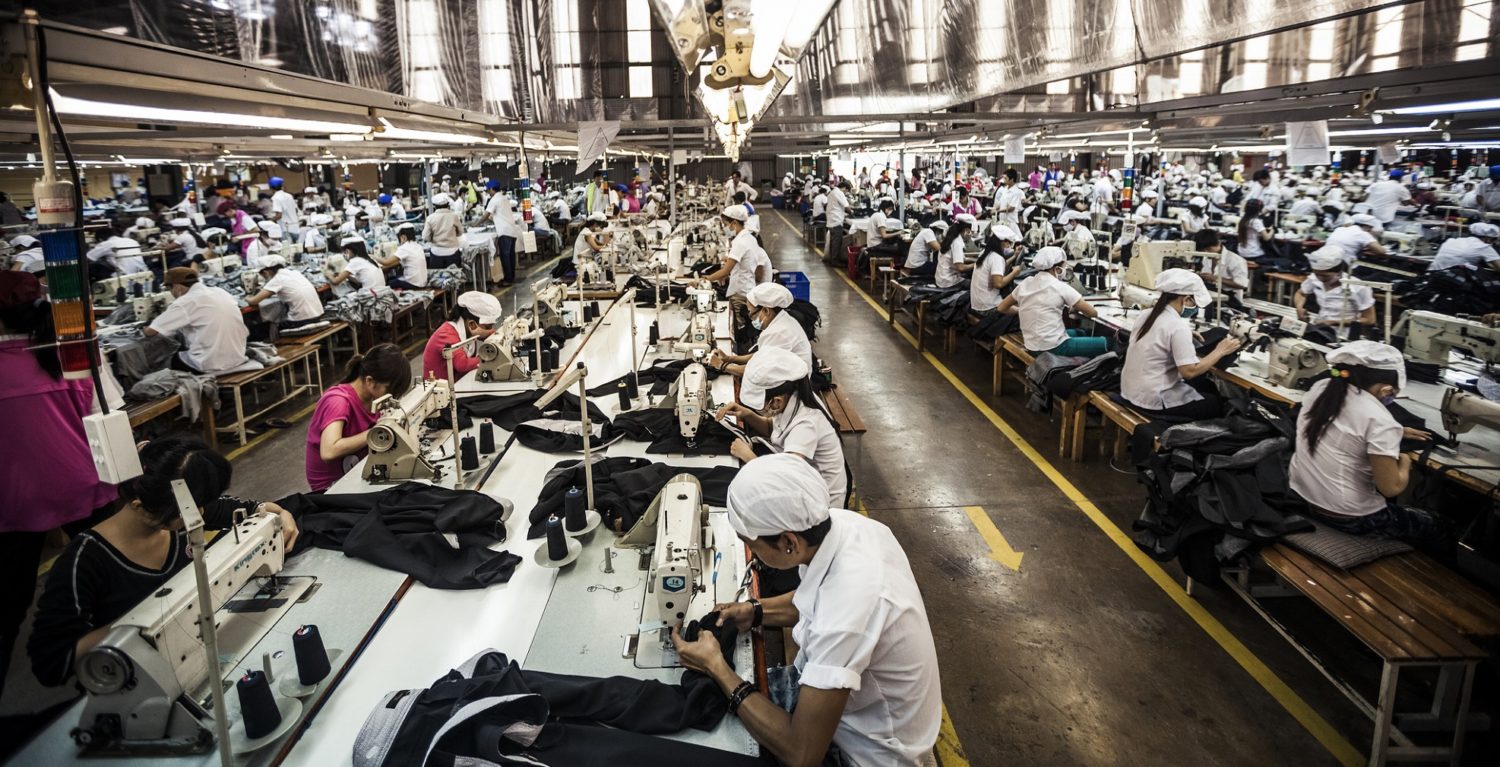Fairer trade
Brexit is the moment for Britain to change the way it does business around the world, writes Andrew Noakes.
It might be tempting to consider the successful replication of the EU’s many trade agreements around the world after Brexit a victory for human rights and social justice. After all, the EU is a champion of trade conditionality, which involves including clauses in its trade agreements designed to improve human rights and labour standards in third countries in exchange for lifting trade barriers.
But Britain can do better. It’s time to admit that conditionality in trade isn’t working as it should. The EU currently has dozens of preferential trade agreements with countries in which human rights abuses are widespread or that have failed to enforce proper labour standards. Pakistan, for example, currently enjoys “GSP+” status with the EU, despite, according to Amnesty International, the ongoing arbitrary detention of human rights activists, enforced disappearances, and prevalence of bonded labour in that country. The Philippines also has the same status. Bangladesh, where the Rana Plaza disaster highlighted appalling working conditions for the country’s garment workers, has duty-free and quota-free access to the EU market.
Clearly, the EU has significant leverage over these countries, but it isn’t being used effectively. Analysis of trade conditionality by researchers at Queen Mary and Warwick University found a lack of political will from the EU to enforce its own clauses, coupled with too much focus on process and dialogue rather than action.
The introduction of sanctions, such as fines for falling short of certain standards, might be one way of improving outcomes. This is one area where the US does better than the EU, vigorously pursuing sanctions against Guatemala in recent years, for example, for falling short of labour provisions in their trade agreement. Incentives are another relatively unexplored avenue.
But there’s also a wider point to be made here. The researchers at Warwick and Queen Mary also found that officials in foreign governments felt trade conditionality had been externally imposed and it was therefore not their responsibility to enforce the provisions. I sense this is a polite way of putting it. When I lived in Cameroon and Botswana, I often found myself being randomly harangued about the presumptuousness and neo-colonialist undertones of trade and aid conditionality. I usually found myself defending it, but the reality is that conditionality is a toxic brand in third countries, liable to foster apathy and even antipathy towards the very things it’s trying to promote.
When Britain comes to negotiating its own trade deals, we’ll have to do an honest cost-benefit analysis to see whether conditionality is worth pursuing and enhancing in light of this awkward truth. But, in any case, we may find the solution to promoting labour standards abroad actually lies closer to home. After all, who was it that garment workers at Rana Plaza were making clothing for? It was us. More specifically, it was the companies that sell to us. Primark and Matalan both had links to factories in Rana Plaza, while Marks & Spencer, Next, Arcadia, Tesco and others have sourced garments from Bangladesh in general.
Big firms like these have real leverage over their suppliers. The trick is ensuring they use it to do good rather than making the situation worse. It’s time to consider giving corporate social responsibility rules real teeth, introducing civil liabilities for UK-based companies that fail to take steps to improve working conditions in the factories that supply them.
There’s already a blueprint for this. The UK’s Bribery Act (2010) introduced civil liabilities for UK firms whose foreign subsidiaries and ‘associated persons’ engage in bribery in relation to business conducted by the UK firm, even if the UK firm doesn’t know that’s it happening. An adequate defence in this situation is that the firm had followed rigorous anti-bribery practices, meaning all UK firms operating abroad have had to raise their monitoring and compliance standards to ensure they won’t be held liable. The act has teeth – it has already been used to convict UK companies for bribes given by their subsidiaries. Applying this same principle to abuses of workers’ rights would force UK companies to do some heavy-lifting in ensuring their suppliers meet acceptable standards.
Brexit, for all its woes, may offer a once in a generation opportunity to rethink the way we promote human rights and social justice through trade. Trade conditionality may or may not be salvageable as an effective means, but enhancing corporate social responsibility offers a real prospect of success with respect to the vital area of labour rights.

